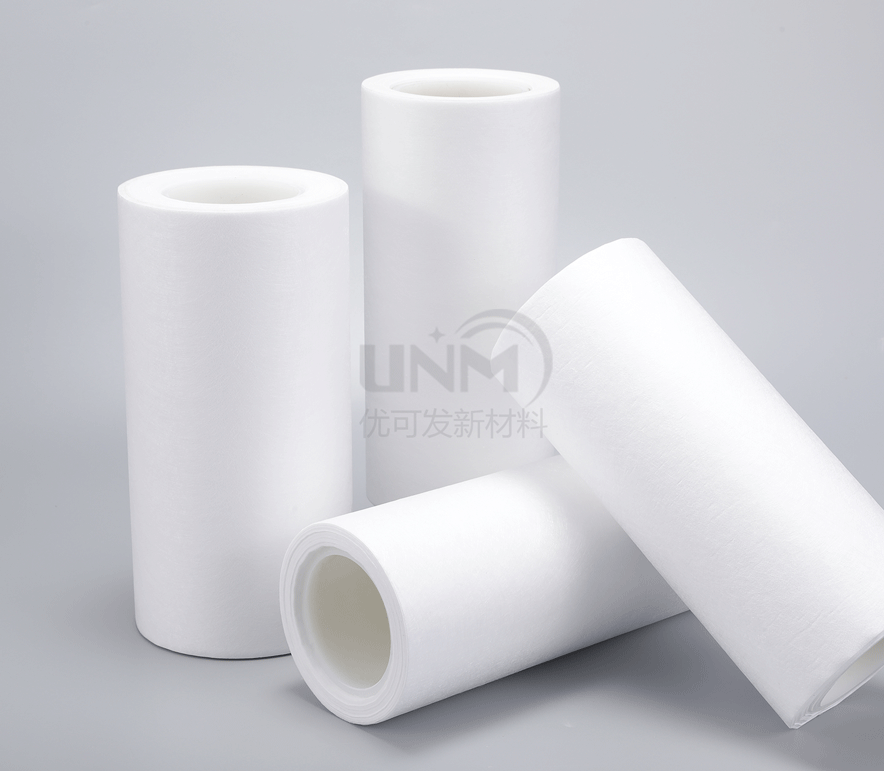With the development of science and technology, some filter materials are emerging one after another. There are many filter materials on the market now. PTFE hollow fiber membrane production The PTFE filter material produced by the manufacturer is one of them.

Hollow fiber membrane is one of the main forms of membrane filtration. The membrane is capillary-shaped, with micropores located on the wall of the tube, and the solution It is based on whether the components can pass through these micropores to achieve the purpose of separation. The hollow fiber membrane module is composed of a shell, a head, an end cap, a central tube (not available for internal pressure types), a water distribution device (not available for internal pressure types) and a hollow fiber membrane. It has a raw liquid port, a filtrate outlet and a concentrated liquid The outlet is connected to the system.
The basic principle ofPTFE hollow fiber membrane is to use asymmetric microporous structure and semi-structured membrane at room temperature with corresponding pressure and flow rate. The permeable membrane medium acts as a driving force based on the pressure difference on both sides of the membrane, allowing solvents and small molecule substances to pass through. Large substances and particles such as proteins, water-soluble polymers, and small bacteria are blocked by the filter membrane to achieve separation, classification, and purification. , new membrane separation technology for concentration purposes.
It is the manufacturer of PTFE hollow fiber membrane. This thin film is made by mixing, extruding, extruding, calendering and two-way drawing. Made with special techniques such as stretching. Due to the characteristics of ptfe fibrillation, when performing uniaxial stretching (i.e. longitudinal stretching), the ptfe polycrystalline aggregates begin to extend and form some fibrils, which are parallel to the stretching direction and the length of the fibrils increases. ptfe The cross-section of fibrils is wide and thin, with the largest width being about 100nm, while the small fibrils are 0. 5 ~ 1. 0nm. Interested parties can enter the store for consultation and purchase!
</p







